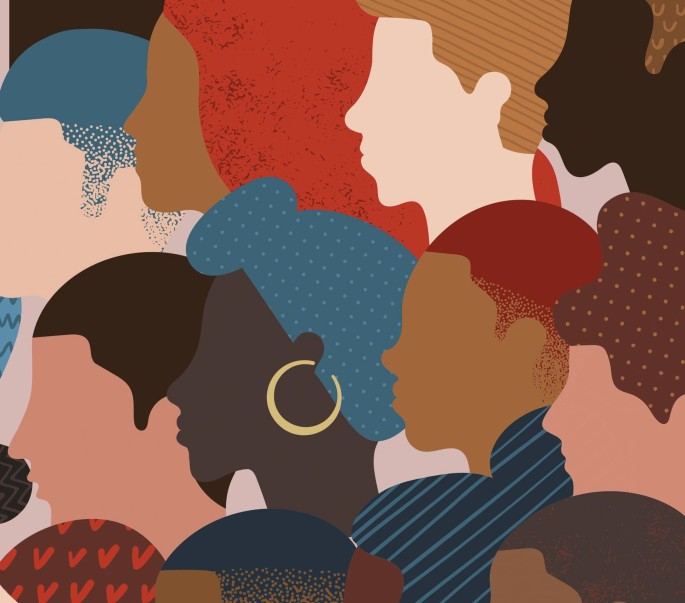
Ethnicity refers to a social identity associated with a particular cultural, national, or racial group. It is a complex and multifaceted concept that encompasses shared cultural practices, traditions, language, religion, history, and often a sense of belonging and common identity among members of the same ethnic group.
Cultural Identity
Ethnicity is closely tied to cultural identity. It involves shared customs, beliefs, values, and practices that distinguish one ethnic group from another. These cultural elements can include language, cuisine, clothing, art, music, and religious rituals.
Shared History
Ethnic groups often have a shared historical narrative that contributes to their sense of identity. This can include a common ancestral heritage, migration patterns, and historical events that have shaped the group's identity.
Social Cohesion
Ethnicity can provide a sense of social cohesion and solidarity among group members. It fosters a feeling of belonging and a shared sense of purpose within the community.
Language
Language is a significant component of ethnicity. Many ethnic groups have their own language or dialect, and language can be a key marker of ethnic identity.
Race and Ethnicity
While ethnicity and race are distinct concepts, they are often intertwined. Race refers to physical attributes such as skin color, whereas ethnicity is more about shared cultural and social traits. However, in practice, ethnic groups may share racial characteristics as well.
Identity and Self-Identification
Ethnic identity is a personal and subjective matter. Individuals may choose to identify with a particular ethnic group based on their own sense of belonging and cultural affiliation.
Multiculturalism
In diverse societies, ethnicity plays a central role in multiculturalism. It recognizes and celebrates the coexistence of multiple ethnic groups within a single society and promotes respect for cultural diversity.
Ethnic Conflict
Ethnicity can sometimes be a source of conflict when different ethnic groups have competing interests or historical grievances. Ethnic conflict can lead to tensions, discrimination, and even violence.
Ethnic Minorities
Ethnic minorities are groups within a society that are numerically smaller than the dominant or majority ethnic group. They may face challenges related to discrimination, access to resources, and political representation.
Integration and Assimilation
Ethnic groups may follow different paths of integration into a larger society. Some groups may choose to maintain their distinct cultural identity, while others may assimilate and adopt the cultural norms of the dominant society.
It's important to note that ethnicity is a socially constructed concept, and the boundaries between different ethnic groups can be fluid and subject to change over time. Additionally, ethnic diversity is a common feature of many societies, and respecting and embracing this diversity can contribute to social harmony and understanding.
